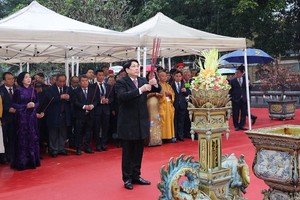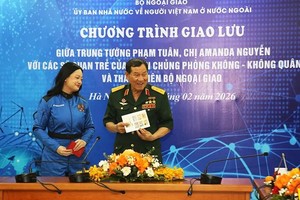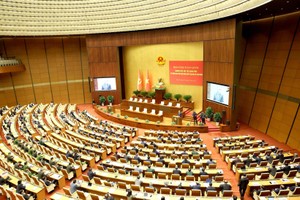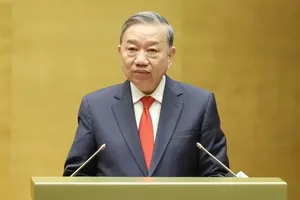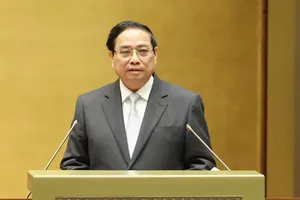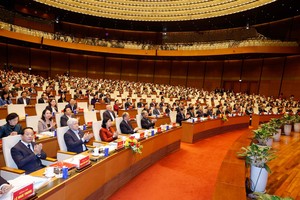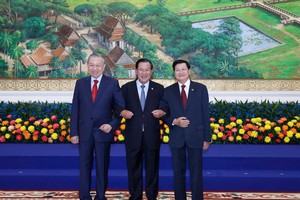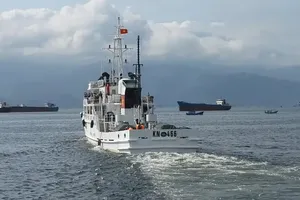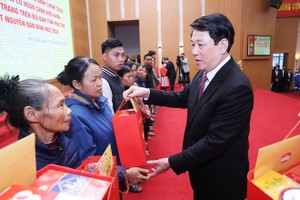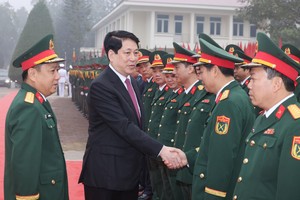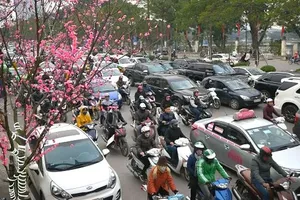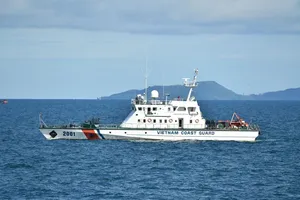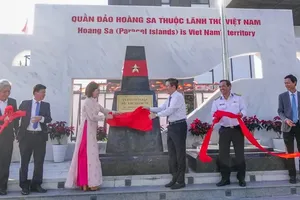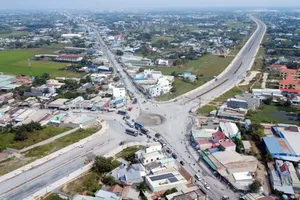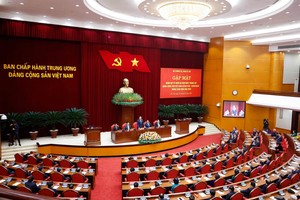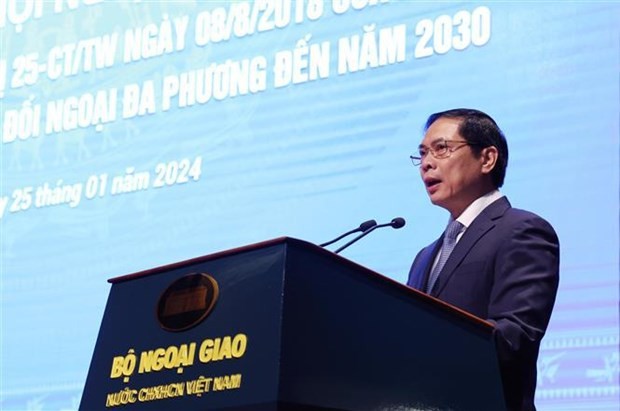
The Directive 25-CT/TW of the Party Central Committee’s Secretariat marks a breakthrough in multilateral diplomacy, as this is the first time the Party has issued a comprehensive document outlining the trajectory for the entire political system in the field via long-term strategies, goals, and measures, said Minister of Foreign Affairs Bui Thanh Son.
Speaking at a conference in Hanoi on January 25, the minister lauded this directive as a catalyst propelling multilateral diplomacy to new heights.
He said over five years since its issuance, the directive has contributed to remarkable achievements across diverse domains, from ensuring global peace and security to fostering development and elevating Vietnam's standing within multilateral frameworks.
Delegates at the conference unanimously praised the synergy and close collaboration among the Party, State, National Assembly, and people-to-people diplomacy, which they said have improved the overall effectiveness of multilateral foreign affairs.
Lauding last year's foreign affairs as an "impressive highlight" in the country's accomplishments, Deputy Prime Minister Tran Luu Quang attributed that to the Party's sound policies, the direct involvement of high-ranking leaders, and the seamless coordination across ministries, agencies, and localities.
To further integrate the contents of Directive 25 into the country's diplomatic activities, he emphasised the need for a profound shift in both mindset and action, and a strategic focus on enhancing forecasting capabilities, delivering timely and precise consultation to assert Vietnam's influence on the international stage in alignment with the country's priorities and resources.
The Deputy PM also highlighted the necessity of refining legal frameworks and domestic policies, cultivating a skilled workforce through targeted training, intensifying communication work, and ensuring ample financial resources for global engagement.
